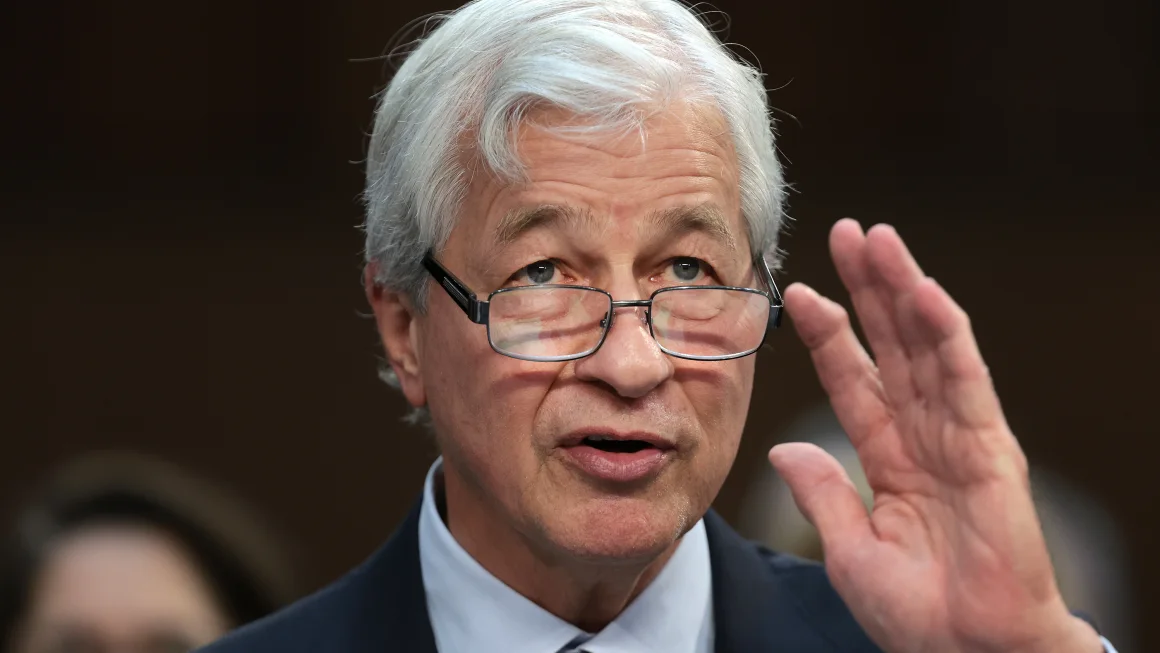As the financial quarter unfolds, JPMorgan Chase, the titan of U.S. banking, has surpassed revenue expectations and issued a cautionary tale for the future. The financial behemoth demonstrated robust performance, with an impressive 9% increase in first-quarter revenue to $41.9 billion, surpassing analysts’ predictions. However, Jamie Dimon, the bank’s CEO, delivered a somber outlook amidst this financial success, hinting at potential economic downturns driven by geopolitical tensions and persistent inflation.
Despite the favorable current economic indicators like excess consumer savings, healthy stock market performance, and low unemployment, Dimon warned of the underlying risks. “Many economic indicators continue to be favorable. However, looking ahead, we remain alert to several significant uncertain forces,” Dimon articulated in a recent press release. This mixed sentiment was echoed during his discussions, where he underscored the disproportionate impact on lower-income earners and potential weaknesses in the subprime auto loan market.
Highlighting the external factors influencing market conditions, Dimon cited the ongoing geopolitical conflicts, notably Russia’s involvement in Ukraine, which he believes could critically affect global economic stability. “It could be determinative on what happens to the global economy if oil and gas prices go too high,” he remarked, pointing out the broader implications beyond mere economic metrics.
A Strategic Outlook Amidst Economic Speculations
In response to these challenges, JPMorgan Chase has been proactive, illustrated by its strategic acquisition of most of First Republic Bank’s assets, which enhanced its interest income amidst rising rates. However, Dimon’s comments reflect a broader concern over sustained high-interest rates and their impact on the financial landscape.
As the bank navigates these uncertain waters, Dimon focuses on long-term implications for global stability rather than short-term economic fluctuations. “The important thing isn’t the economy—whether we have a mild recession or soft landing or something like that,” he noted, emphasizing the overarching priority of the “future of the free world.”
While JPMorgan Chase stands firm in the current economic climate, Jamie Dimon’s foresight prepares stakeholders for various outcomes, stressing the importance of readiness and resilience. As banks and financial institutions brace for potential shifts, the insights from seasoned leaders like Dimon will be crucial in steering through the anticipated economic turbulence.




















